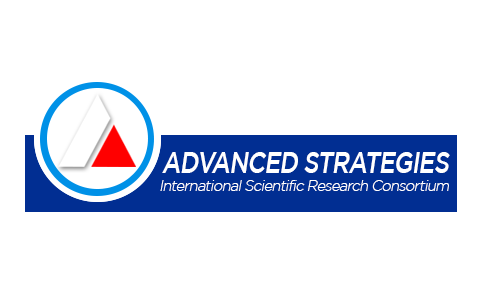The Editorial Board of the Institute is at its best to ensure that no inaccurate or misleading data, opinions or statement appear in the Institute International Journal series. They Board wishes to make it clear that the data and opinions appearing in the articles and herein are the responsibility of the contributor(s) concerned. Accordingly, the Institute, it publisher and the editorial committee and their respective employees, officers and agents accept no liability whatsoever for the consequences of any such inaccurate or misleading data, opinions or statements.
Plagiarism is "the un-credited use (both intentional and unintentional) of somebody else's words or ideas." According to UC Berkeley's Code of Student Conduct, Section V.102.01, plagiarism is academic misconduct, and is grounds for disciplinary sanctions, including a failing grade, suspension or dismissal from the University
...read more

